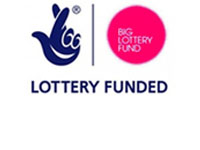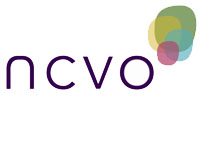The key messages of our paper ‘Strengthening participation: learning from participants’ were presented at a workshop run this week by Involve, at the Mayor’s Interfaith Conference, examining the question: How do we unlock and sustain participation? After the presentation we asked participants to develop some ideas about how civil society organisations, local government and national government could each encourage and support people to participate, keeping in mind 5 key areas:
- People’s motivations;
- Confidence and perceptions;
- Information and knowledge;
- Social networks and spaces to participate; and
- Key community gatekeepers and leaders.
I facilitated the discussions focusing on voluntary and community sector organisations, which raised some interesting ideas. I had recently blogged on the Involve website about the need to design participation to fit with peoples’ motivations and day-to-day lives, and a number of the suggestions from participants were very much linked to this idea. These are just a few of them:
Motivation – voluntary and community organisations should ensure that they keep their members motivated by managing their pathways/trajectories through participation in order that people can move between different roles and do not have to stay in the same place.
Collaboration, not competition – voluntary and community organisations should collaborate with one another rather than compete, sharing ideas and learning, and encouraging participants to work with other organisations.
Communication – voluntary and community organisations should make sure that they communicate with groups in an appropriate way, ensuring that language does not intimidate people.
Networks – voluntary and community organisations should focus on linking people, as well as encouraging existing participants to bring others into groups.
Linking to local priorities – voluntary and community organisations should ensure they understand the needs of their communities and identify what matters to them.
It will be interesting to see if similar ideas are mentioned in the participatory workshops we are holding in our three case study areas in March. I’m looking forward to helping to develop these ideas and others further.
 Subscribe to our project updates
Subscribe to our project updates

